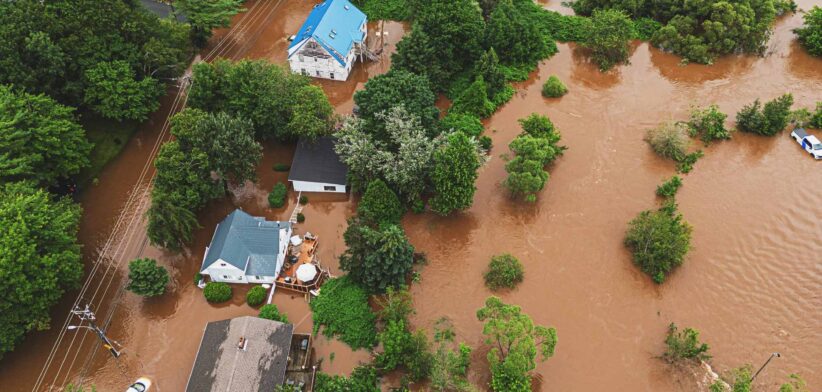Queensland mayors have questioned the veracity of insurance company data as ratepayers are slugged with flood insurance hikes up to $10,000, despite living in towns ringed by levee banks that have protected them for decades.
The Local Government Association of Queensland (LGAQ) said councils were demanding answers from the insurance industry after receiving complaints from residents that bills have soared – in at least one case from $3500 to $13,500 a year.
Murweh Shire Mayor Shaun Radnedge fears residents will have no choice but to drop their insurance, putting them at risk of losing everything if their homes catch fire or are otherwise damaged or destroyed.
Balonne Shire Mayor Samantha O’Toole said residents in her shire had been hit with 100 percent price rises and soaring insurance bills, risking a damaging knock-on effect for housing availability and affordability.
Mayor Radnedge said he had called insurance companies to ask how they were calculating the soaring premiums only to be told they did not realise Charleville had flood-proofing levees.
“We are really asking the question of the insurance companies in Australia – why our insurance premiums, especially in the Murweh Shire have risen sometimes up to 500 percent,” he said.
“We have mitigation in place, we have a levee bank in Augathella and in Charleville, but we have seen these huge rises in these places.
“Council and government have put a lot of money into maintaining that mitigation and we’re asking where does the mapping come from that insurance companies are using to make the assessments on these insurance policies.”
Mayor O’Toole said towns in her Balonne Shire – including St George, Thallon, Dirranbandi, Bollon and Mungindi – were protected by levees, but insurers were still raising premiums even though none had been flooded.
“We have a housing shortage and these premiums could make it worse, as to get a mortgage you need insurance cover,” she said.
“If fewer people can afford insurance then we are going to have fewer homes available, which will just exacerbate the housing shortage.”








